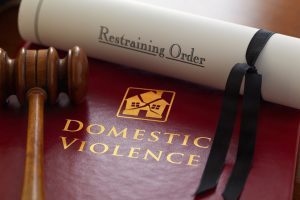 Accused of Harassment Over Text Messages? Here’s what it means.
Accused of Harassment Over Text Messages? Here’s what it means.
Most people accused of harassment by text aren’t “criminals.” They’re regular people caught in an emotional moment — after a breakup, during a stressful custody dispute, or on a night when anxiety boiled over. I tell clients this all the time: you are not alone, and this one incident does not define you. There are defenses, and there are ways to protect your record.
 Connecticut Criminal Lawyer Blog
Connecticut Criminal Lawyer Blog



 Being arrested for Risk of Injury to a Minor is one of the most stressful and frightening experiences a parent or caregiver can go through. Under Connecticut law, this charge is codified in Connecticut General Statutes
Being arrested for Risk of Injury to a Minor is one of the most stressful and frightening experiences a parent or caregiver can go through. Under Connecticut law, this charge is codified in Connecticut General Statutes  Getting arrested for the first time in Connecticut is terrifying. I hear the same question from almost every client after their first arrest: “Am I going to jail?” The short answer is that while jail is technically possible, in most first-offense cases, there are alternatives that can keep your record clean and keep you out of a cell.
Getting arrested for the first time in Connecticut is terrifying. I hear the same question from almost every client after their first arrest: “Am I going to jail?” The short answer is that while jail is technically possible, in most first-offense cases, there are alternatives that can keep your record clean and keep you out of a cell.







